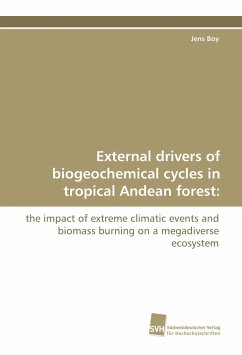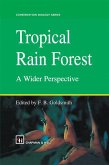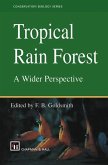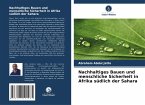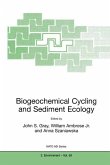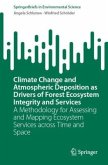Successful conservation of tropical montane forest, one of the most threatened ecosystems on earth, requires detailed knowledge of its biogeochemical functioning. Of particular interest is the response of the element cycles to external influences such as element deposition or climate change. In detail, the objectives of this study were to determine the influence of seasonal and interannual climatic events on the transport mechanisms of aerosols and the role of short-term extreme climatic events for the element budget of Andean tropical forest. The study was conducted over 5 years in a whole-catchment approach including three 8-13 ha microcatchments under tropical montane forest on the east-exposed slope of the south Ecuadorian Andes, the outer rim of the Amazon basin. Element budgets of Andean tropical montane rain forest proved to be markedly affected by long-range transport of Saharan dust, biomass burning-related aerosols, or strong rainfalls during storm events. Thus, increased acid and nutrient deposition, and global climate change probably also affects ecological forest functions and biological diversity.
Bitte wählen Sie Ihr Anliegen aus.
Rechnungen
Retourenschein anfordern
Bestellstatus
Storno

